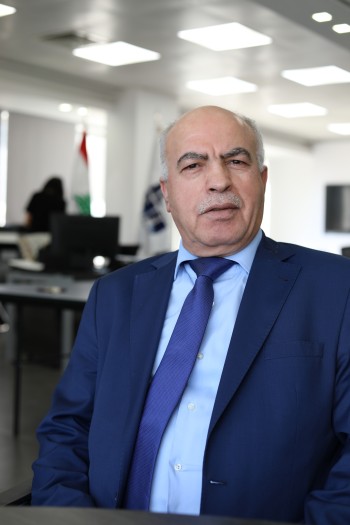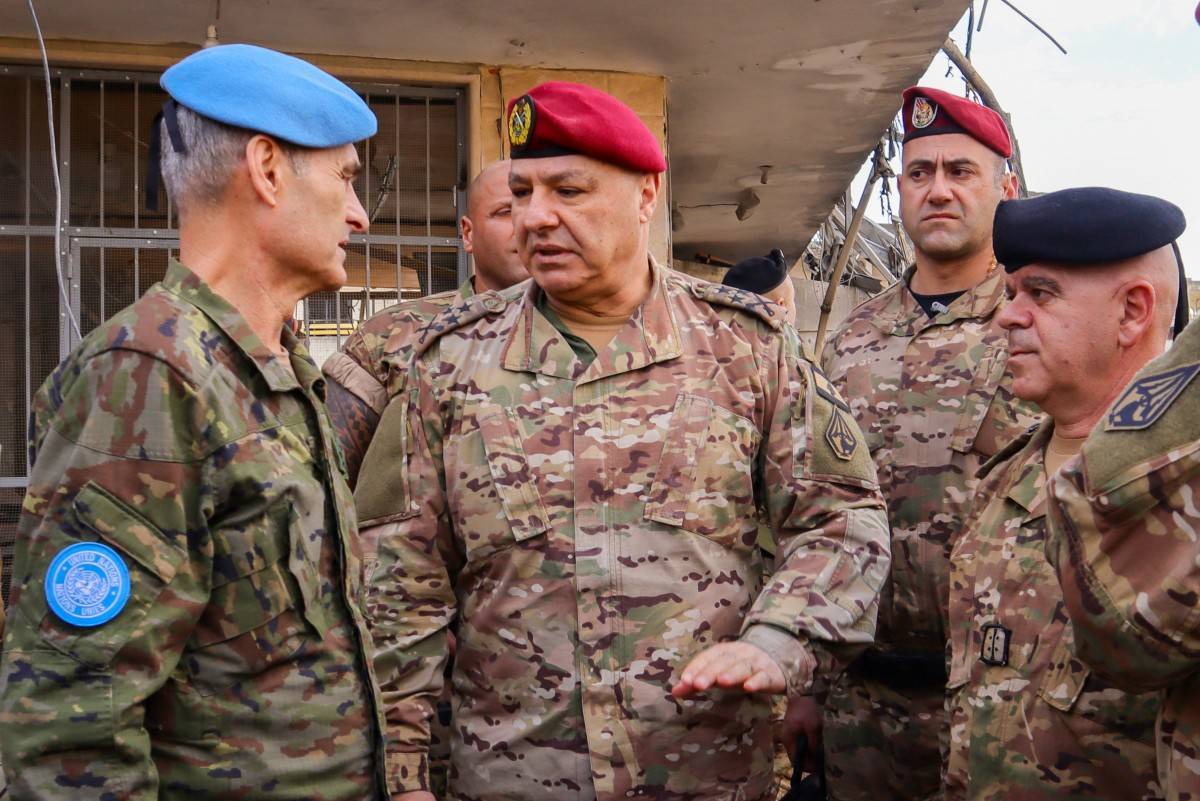Both domestic and international actors are gearing up for Lebanon's much-anticipated "Big Thursday" next week. The presidential election session has sparked widespread speculation and conflicting expectations. Opinions are divided between the notion of a regional and international tug-of-war over the next president's identity and the possibility of a consensus orchestrated by external and internal stakeholders over the proposed candidates.
As the decisive session approaches, six key scenarios are emerging regarding the presidential election:
1. A Turkish-Qatari Agreement Backing Elias al-Baysari
This scenario suggests a Turkish-Qatari understanding, with Iran indirectly involved, in favor of electing Acting Director General of General Security, Elias al-Baysari. He reportedly enjoys the support of influential parliamentary blocs, including the "Shiite Duo" and their allies, as well as the Free Patriotic Movement (FPM), smaller blocs, and independent MPs. However, his election would require a legislative amendment rather than a constitutional one.
2. An American-French-Gulf Deal Supporting Joseph Aoun
The second scenario revolves around Army Commander General Joseph Aoun, who is supported by various parliamentary blocs. However, his candidacy requires significant momentum, including backing from the "Shiite Duo" and a shift from some opposition blocs from their neutral stance to openly endorsing him. His election would also necessitate a constitutional amendment or the adoption of a special approval process, as used for former Army Commander and President Michel Sleiman, where a two-thirds majority in Parliament (86 MPs) approved his election.
3. Returning the Presidency to Civilian Politics
This scenario advocates a break from the trend of electing presidents with military or security backgrounds, a pattern established post-Taif Agreement with presidents such as Emile Lahoud, Michel Sleiman, and Michel Aoun. Instead, it calls for a return to civilian political leadership by electing a prominent Maronite political figure, with many qualified candidates available.
4. Samir Geagea’s Potential Candidacy
In the fourth scenario, Lebanese Forces leader Samir Geagea could announce his candidacy, disrupting the current dynamics. This would turn the presidential race into a contest between him and Marada Movement leader Sleiman Frangieh or another candidate if Frangieh withdraws.
5. A Last-Minute Move by Nabih Berri
In this scenario, Parliament Speaker Nabih Berri might unveil a "rabbit out of his hat" — a surprise candidate agreed upon discreetly with key domestic and international players. This candidate would likely gain broad parliamentary support.
6. A Failed Election Session
The final scenario foresees a failure to elect a president, either due to a lack of quorum or the absence of consensus. Such an outcome could delay the election until after U.S. President Donald Trump's administration takes full office or even until the spring when new regional dynamics might reshape the available choices.
Diplomatic sources reveal that the "Shiite Duo" has received two distinct Gulf proposals.
Competing Gulf Proposals
Diplomatic sources reveal that the "Shiite Duo" has received two distinct Gulf proposals. The first, wrapped in American support, includes a comprehensive solution package advocating for Joseph Aoun’s election and pledging substantial funding for reconstruction efforts in areas affected by recent Israeli aggression. With Turkish backing, the second supports Elias al-Baysari and offers reconstruction funding between $5 billion and $6 billion.
Despite the competing offers, the "Shiite Duo" reportedly maintains an equal distance from both, emphasizing their priority in waiting for a broader international alignment. This stance aims to prevent Lebanon's presidential election from becoming a battleground for external rivalries.
Fears Over the Ceasefire and Southern Border
Diplomatic circles express concern that delays in the presidential election could impact the situation in southern Lebanon. Israel has hinted at extending its military presence beyond the current 60-day ceasefire, citing the absence of a functioning Lebanese government to implement UN Resolution 1701.
Speculation ranges between a complete withdrawal, strategic repositioning, or an extension of the ceasefire. Lebanon's official response and Hezbollah’s stance remain critical factors, as the group has already issued warnings to Israel against delaying its withdrawal.
As Lebanon awaits "Big Thursday," the nation remains at a crossroads. Internal and external forces must align to secure a president capable of uniting the country and addressing its pressing political and economic challenges.
Please post your comments on:
[email protected]
 Politics
Politics








